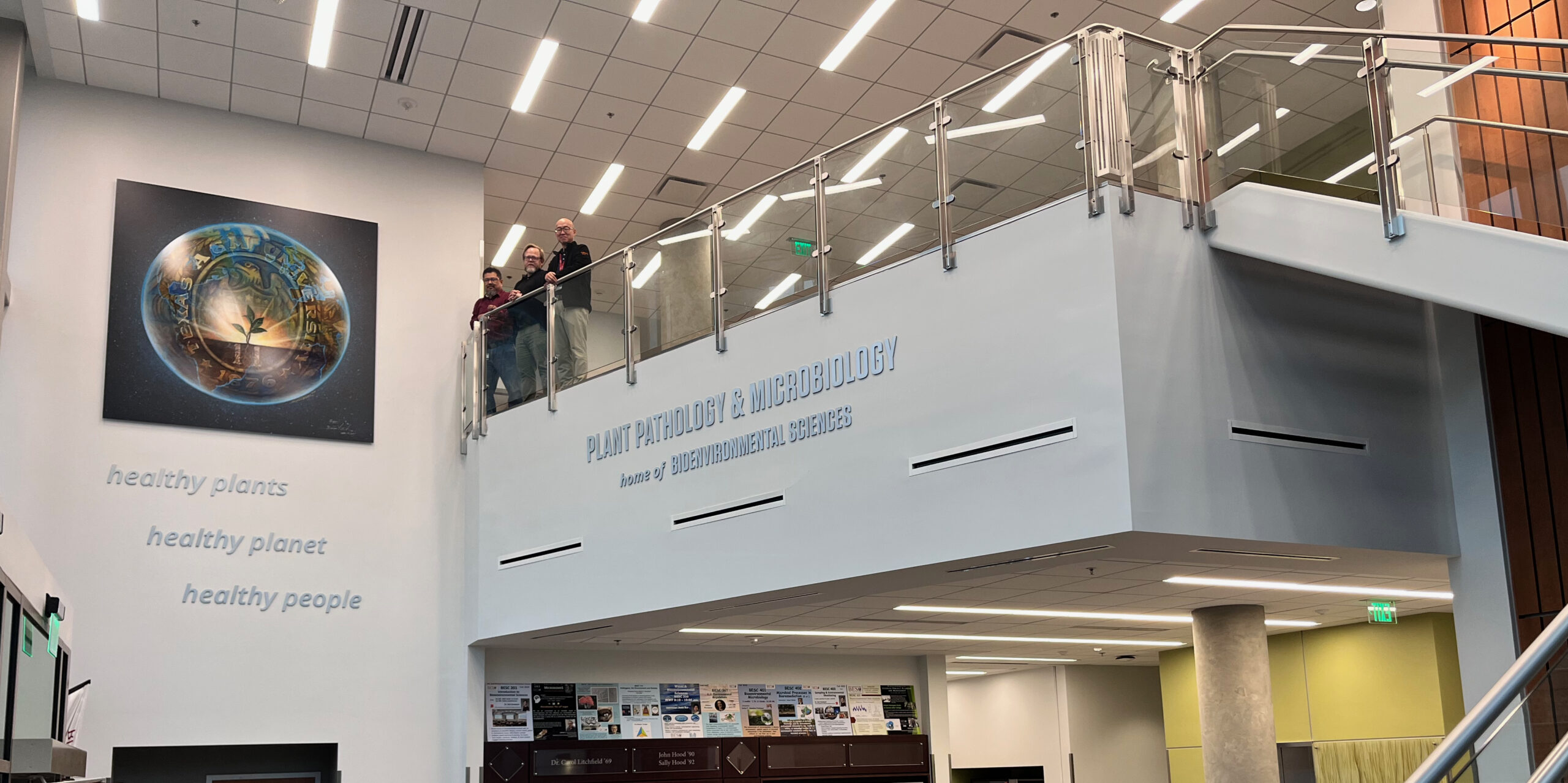
Department of
Plant Pathology & Microbiology
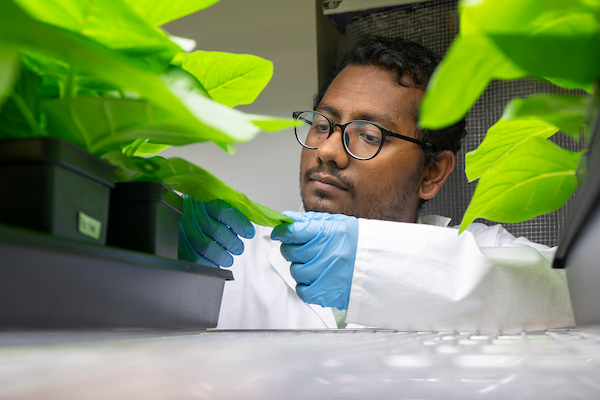
6 Degree Options
A degree in the STEM field of Bioenvironmental Sciences equips you to play a direct role in developing and implementing solutions to environmental problems. Our graduates often enter careers in industry or government associated with the prevention and remediation of environmental hazards, such as microbial threats, toxic wastes, and other damage to fragile ecosystems.
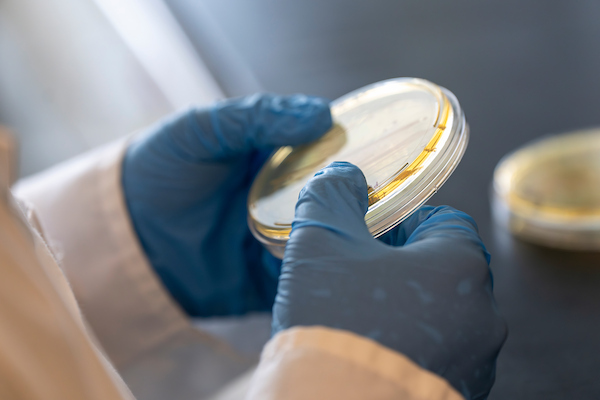
9 Research Areas
Faculty programs focus on a diversity of plant-microbe interactions, from plant innate immunity, biocontrol, host-pathogen interactions (signals, volatiles), mycotoxins, pathogenicity mechanisms, control of programmed cell death, to biofuels. and bioinformatics. The department encompasses projects that attack applied problems like plant disease control with both classical and modern approaches.
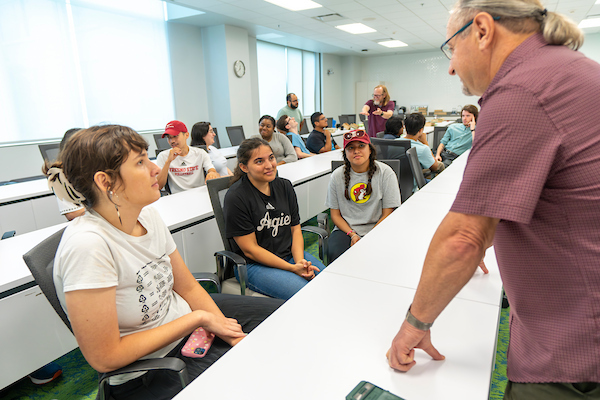
300+ Enrolled Students
Use of hands-on experiences in our classrooms, laboratories, and excellent internship opportunities ensure that you gain experience with the concepts and the technology essential for prevention, assessment, and abatement of environmental problems.
Plant Pathology and Microbiology News
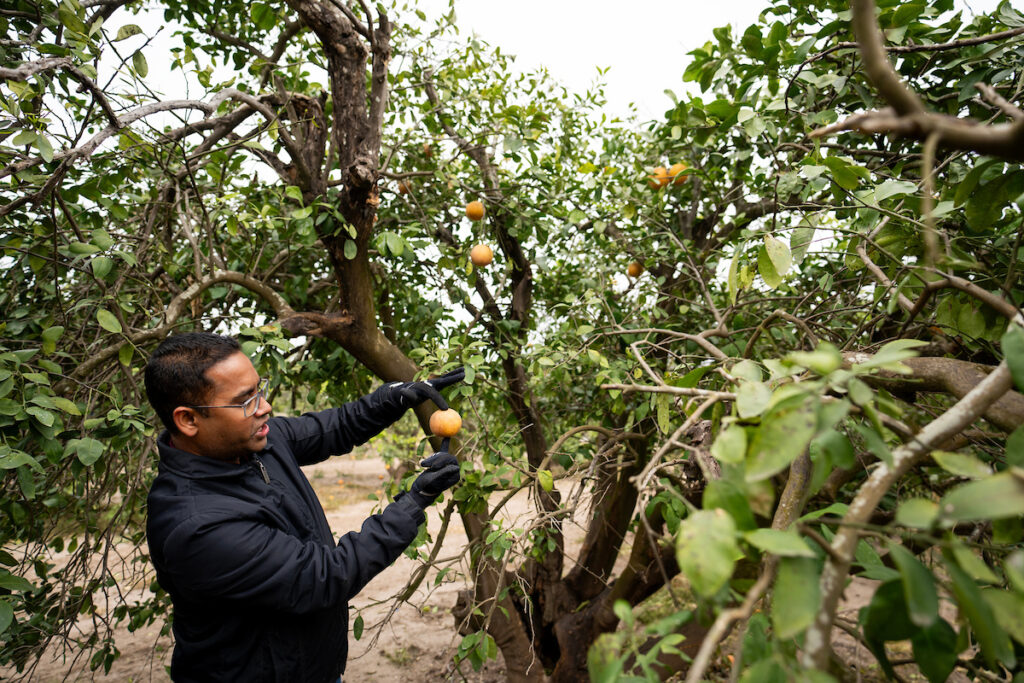
AgriLife Research reimagines citrus greening treatment delivery
Texas A&M AgriLife Research is launching a multi-institutional study to develop and evaluate systems that deliver treatments to trees affected by citrus greening disease, also known as Huanglongbing. The project’s principal investigator is Kranthi Mandadi, Ph.D., AgriLife Research plant molecular biologist at the Texas A&M AgriLife Research and Extension Center at Weslacoand professor in the Texas A&M Department of Plant Pathology and Microbiology.
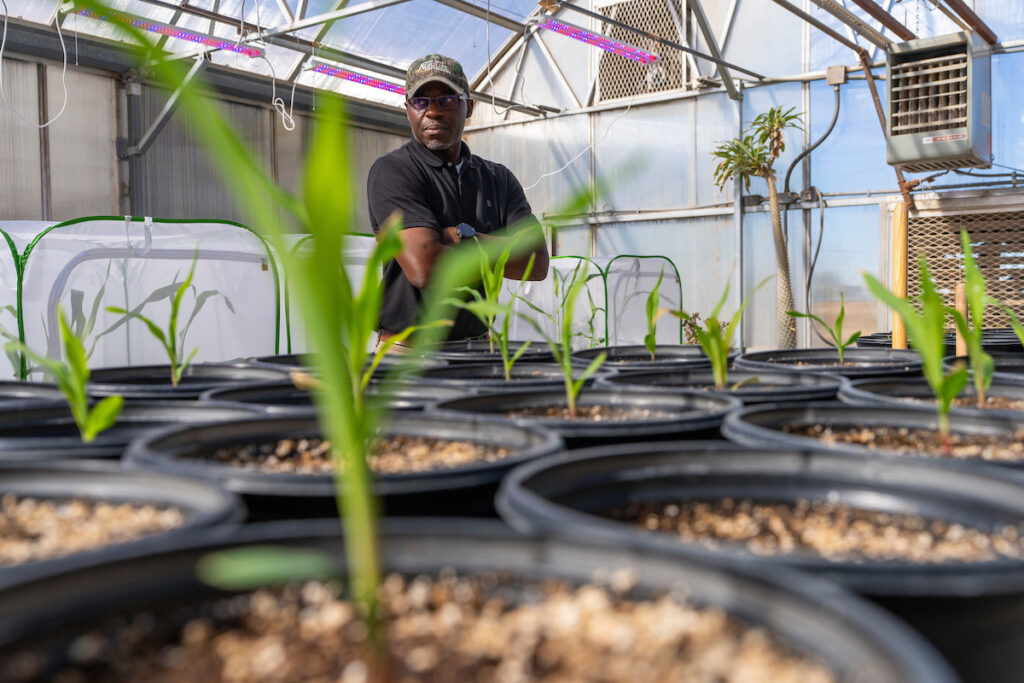
A season in decline — diagnosing a failing crop
Glenn Carter of Armstrong County knew something was wrong. In 2023, his corn began browning seemingly overnight despite his irrigation efforts. Carter didn’t know who to call at first, but remembered reaching out to Texas A&M AgriLife Extension Service specialists in Amarillo before, so he knew they would help him find answers. Carter’s call connected him with Ken Obasa, Ph.D., assistant professor in the Department of Plant Pathology and Microbiology, Amarillo.
Have Questions?
For degrees or admissions questions:
For general questions: